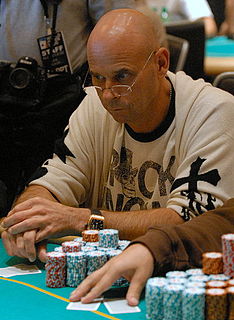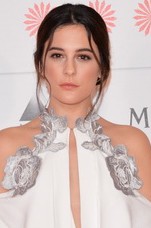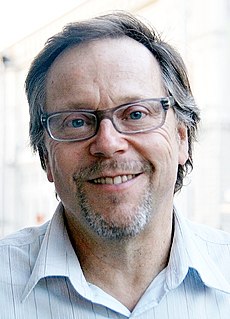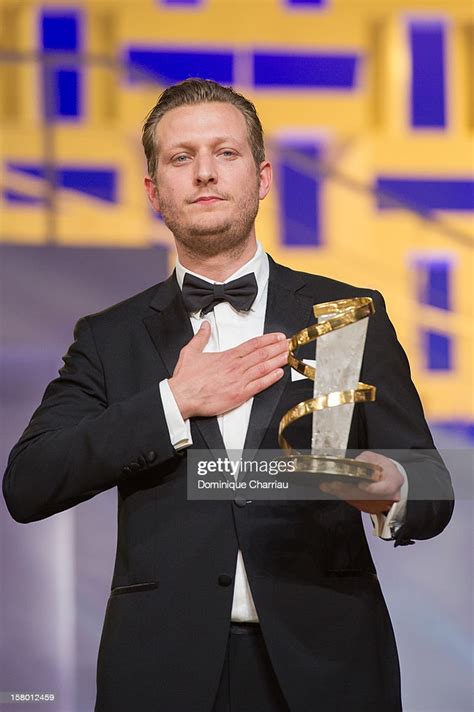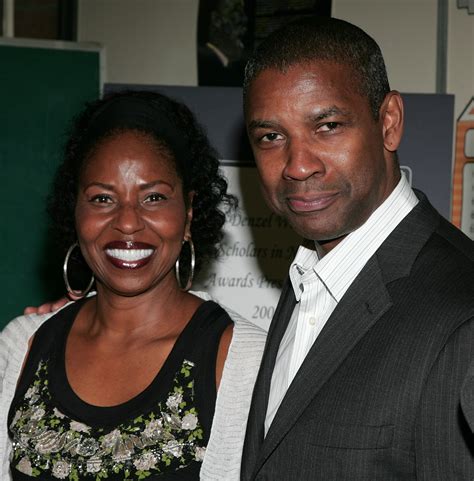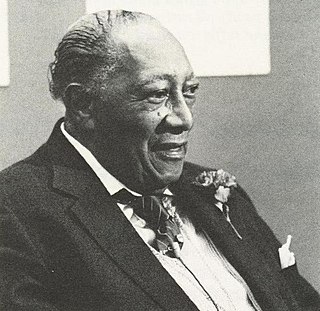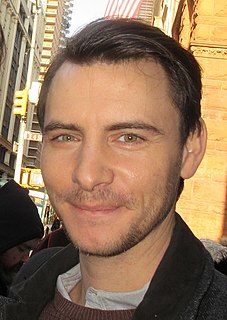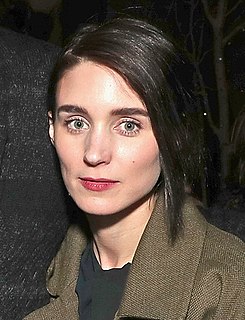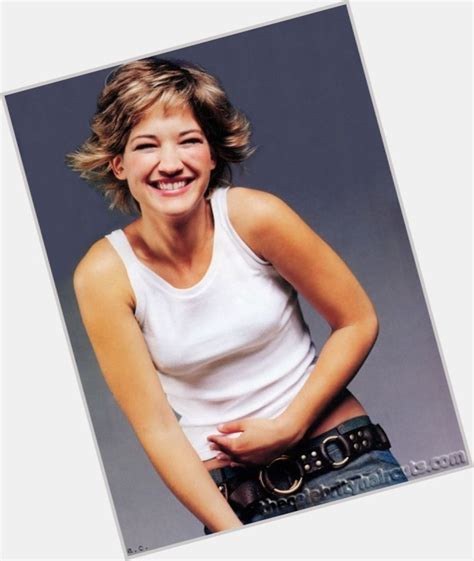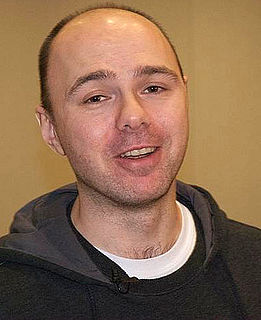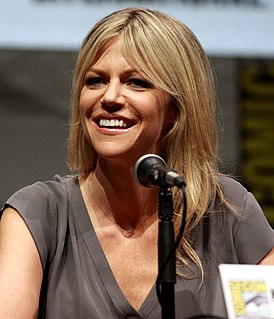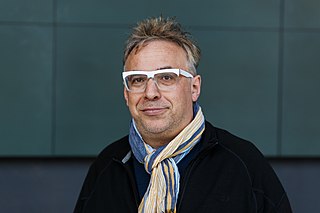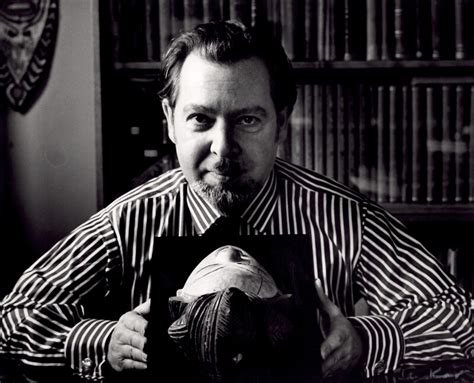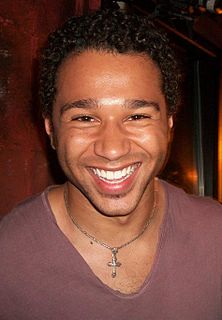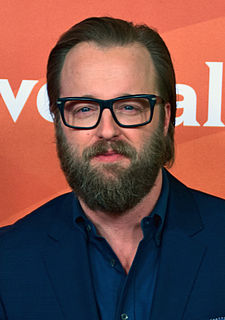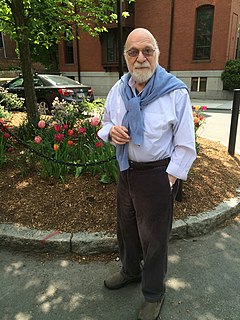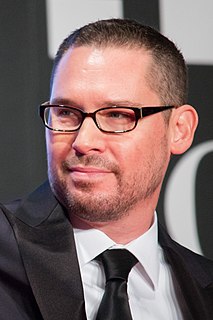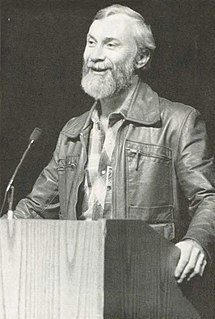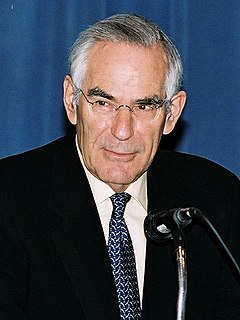1200 лучших цитат и высказываний о камере-обскуре
Исследуйте популярные камеры-обскуры .
Последнее обновление: 17 ноября 2024 г.
Я всегда путешествовал с камерой на протяжении всей своей жизни, но у меня всегда была моя старая пленочная 35-мм камера. Когда я готовился к полету в космос, единственным оборудованием была цифровая камера. Я прошел ускоренный курс на Земле. На самом деле это было весело, хотя я в основном динозавр с компьютерами.
Может быть, единственное, что каждый из нас может видеть, это собственную тень. Карл Юнг называл это своей работой с тенью. Он сказал, что мы никогда не видим других. Вместо этого мы видим только те аспекты самих себя, которые падают на них. Тени. Прогнозы. Наши ассоциации. Точно так же старые художники сидели в крошечной темной комнате и обводили изображение того, что стояло за крошечным окном в ярком солнечном свете. Камера-обскура. Не точное изображение, но все наоборот или вверх ногами.
Камера, конечно, была немного дерьмовой. Но когда я учился в театральной школе, меня это не интересовало. Я хотела быть актрисой театра. Меня не интересовало обучение ремеслу камеры. Но затем вы ввергаетесь в отчаяние, когда получаете работу перед камерой, потому что совершенно не представляете, что делаете, а это навык.
Фотоаппарат — одно из самых страшных современных орудий, особенно для людей, побывавших на войне, подвергшихся бомбардировкам и артиллерийским обстрелам в конце бомбардировки, — это неизменно фотография. На задворках разрушенных поселков, городов и фабрик проводится аэрофотосъемка или шпионская съемка, обычно с помощью камеры. Поэтому камера — инструмент, которого боятся, а человека с камерой подозревают и преследуют, куда бы он ни пошел... В сознании большинства людей сегодня камера — предвестник разрушения, и ее подозревают, и правильно.
У камеры есть собственный разум, своя собственная точка зрения. Затем перед взглядом камеры натыкается человек-носитель времени — область камеры первозданного пространства, до сих пор не пройденного, теперь загрязнена человеческой темпоральностью. Происходит вторжение, но камера остается прикованной к своему объекту. Это не волнует. У камеры нет человеческих страхов.
Кино, телевидение и работа с камерой — это такая интимная форма искусства, что, если камера направлена прямо на вас, а ваше лицо заполняет экран, вы должны быть настоящими. Если вы сделаете что-то фальшивое, вам это не сойдет с рук, потому что камера прямо там, и история рассказывается очень реальным образом.
Делать фотографии полезно, конечно, чтобы освоить ремесло. Чтобы освоиться с камерой. Узнайте, на что способна камера и как ее успешно использовать. Выполняя упражнения, например, если вы пытаетесь выяснить, что может сделать камера, чего не может сделать глаз. Так что у вас есть инструмент, который будет делать то, что вам нужно сделать. Но когда вы освоите это ремесло, самое главное — определить, почему вы хотите снимать фотографии и что вы хотите снимать. Вот где тематический вопрос оживает.
Я получил цифровую камеру как благословение. Это действительно изменило мою жизнь как режиссера, потому что я больше не использую свою камеру как камеру. Я не чувствую его как камеру. Я чувствую это как друга, как нечто, что не производит на людей впечатления, что не заставляет их чувствовать себя некомфортно, и что совершенно забыто в моем подходе к жизни, людям и кино.
Огромная часть того, что мы делаем как актеры, заключается в том, чтобы научиться игнорировать камеру, как будто ее даже нет, и в то же время очень хорошо осознавать камеру и то, что она захватывает, потому что вы можете показать лучшую игру в своей жизни, но если вы делайте это затылком к камере, это будет вырезано из фильма.
Куда бы мы ни шли, мы получали много внимания благодаря операторам и звукорежиссерам. Местные любят сниматься на камеру. [...] Я видел кадры с Ганди в таком окружении и всегда думал, что это потому, что он был очень популярен, но теперь мне интересно, было ли это только потому, что с ним была съемочная группа.
Учитывая, что знание химических, а также оптических принципов фотографии было довольно широко распространено после эксперимента Шульце (в 1725 г.) ... то обстоятельство, что фотография не была изобретена раньше, остается величайшей загадкой в ее истории ... Этого, по-видимому, никогда не было. любому из множества художников семнадцатого и восемнадцатого веков, имевших привычку использовать камеру-обскуру, чтобы попытаться навсегда зафиксировать ее изображение.
Увеличение, уменьшение. Я был потрясен. Я сказал: «Давай удалим это прямо сейчас, поставим камеру за сценой, и я сделаю выступление только для камеры». Он все устроил, и я сказал ему выйти на улицу и выкурить сигарету. Возвращайся, когда я закончу. Не трогайте камеру. Именно так я делал почти все после этого.
При рассмотрении камерой человеческое тело становится для своего обитателя полем предательства, а не основанием для общения, и дальнейшая сила камеры проявляется в том, что она документирует самосознательные усилия человека по контролю над телом каждый раз, когда он осознает это. внимание камеры на это.
Когда рядом фотограф, я люблю говорить: «Быстрее, сфотографируй меня, глядя в камеру», потому что я никогда не смотрю в камеру. Кристофер Нолан смотрит в камеру, но я думаю, что большинство режиссеров этого не делают, поэтому всякий раз, когда вы видите фотографию режиссера, смотрящего в камеру, это подделка.
Разница между любителем и профессиональным фотографом в том, что любитель думает, что камера делает всю работу. И к камере относятся с неким пиететом. Все зависит от того, какой объектив вы выберете, какую пленку вы используете… в точности как совершенство камеры. Между тем, профессионал настоящий профессионал – относится к камере с невыразимым пренебрежением. Они берут камеру и отбрасывают ее в сторону. Потому что они знают, что значение имеют глаза и мозг, а не механизм, который встает между ними и субъектом.
Физически гребля была замечательно устойчива к камере ... камере нравилась сила, проявляемая более открыто, а сила гребцов [является] демонстрируемой в слишком контролируемой обстановке. Кроме того, камера любила фокусироваться на отдельных лицах, и, за исключением гребца-одиночки, экипаж был спорт без лиц.
